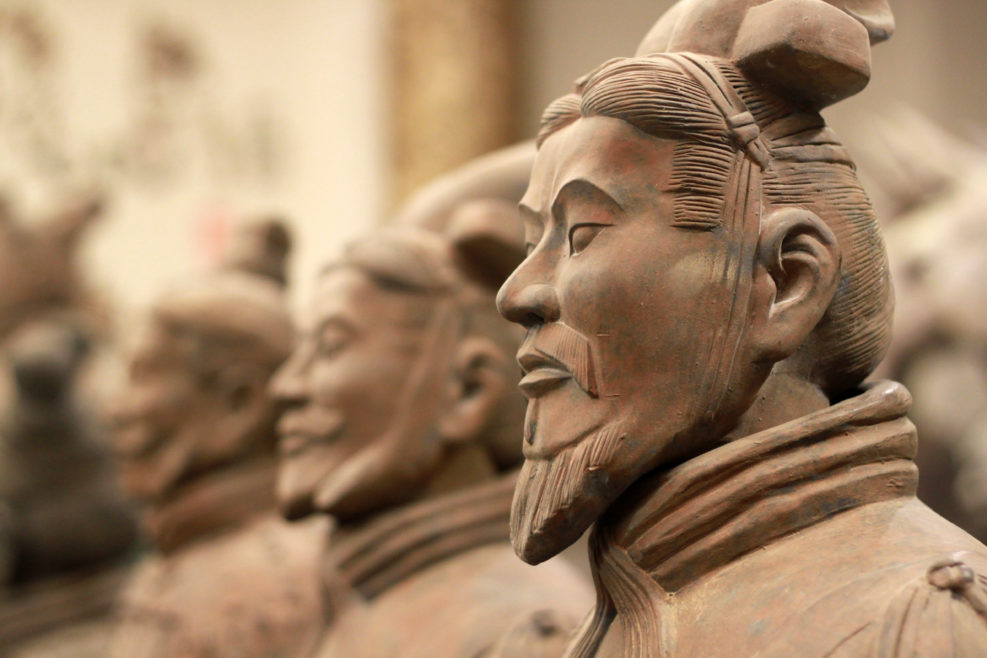
COSM 2021: Kai-Fu Lee Tries His Hand at Future Casting
The former president of Google China thinks that China is well equipped to lead the world in AIAt COSM 2021, Kai-Fu Lee — computer scientist, writer, venture capitalist and former head of Google China — provided a future cast of the five ways artificial intelligence will change the world. Lee’s predictions are compelling because he takes a tempered view of the capabilities of AI. Lee says some people misunderstand AI. It can’t replicate the human brain because it works differently from the brain. AI is good at using large amounts of data for numerical optimization and individualization, but very poor at extraction analysis, common sense, insight, and creativity. Lee told the gathering: … of course [AI] has no self-awareness, consciousness, or emotions or love. So, it is actually quite a good complement for human beings because we’re Read More ›


















